Europe "urgently needs to take more responsibility" for its own security, Poland's foreign minister has said, after Donald Trump clinched victory in the U.S. elections to return to the Oval Office early next year.
"Europe urgently needs to take more responsibility for its security," Radoslaw Sikorski said on Wednesday. "The winds of history are blowing ever more strongly. Poland's leadership will rise to the occasion."
Many countries in Europe are part of the European Union or NATO, and sometimes both. NATO has been particularly important for decades as a defensive alliance, although the U.S. has historically provided many expensive military capabilities for its European members, as well as the alliance's main nuclear deterrent.
Former president and current president-elect Trump has repeatedly criticized the alliance and had discussed withdrawing the United States from NATO while in office, senior administration officials told The New York Times in 2019.

Experts say that although Trump is perhaps unlikely to pull the U.S. out of NATO, the coming years will be challenging for the alliance, not least because many countries have failed to prepare for Trump's triumphant comeback.
There are pressing questions over how Europe will tackle its own security under a second Trump presidency and who will take the helm for steering aid into Ukraine. Trump has said he would cut U.S. military aid to Ukraine if re-elected.
"It's a bad surprise for most governments in Europe," former NATO official Edward Hunter Christie told Newsweek on Wednesday. "European policymakers feared—and they never concealed it—they feared the prospect of a second Trump presidency."
Earlier this year, Trump said he would "encourage" Russia to launch attacks on any NATO countries he said were falling short of financial commitments to the alliance. The Biden administration denounced the remarks as "appalling and unhinged."
"Trump has been very consistent for literally decades that he thinks that America's allies are freeloaders and free riders on America's protection," Hunter Christie said.
NATO members are supposed to spent around 2 percent of their gross domestic product (GDP) on defense. However, this is not binding, and several countries have fallen short of this threshold, although fresh pushes in the last few years have seen many now meet the target.
NATO nations on the alliance's eastern flank, close to Russia and the conflict burning in Ukraine, have stormed ahead of Western European countries. Warsaw announced in the summer it would spend five percent of its GDP on defense in 2025.
U.S. military aid is hugely important to Kyiv, and European nations will likely struggle to support Ukraine's grinding effort without Washington.
"Most people expect, or at least fear, that Trump probably will slow down and eventually just stop, or significantly reduce, U.S. military assistance to Ukraine, which will put Europeans in an almost impossible situation," said Hunter Christie.

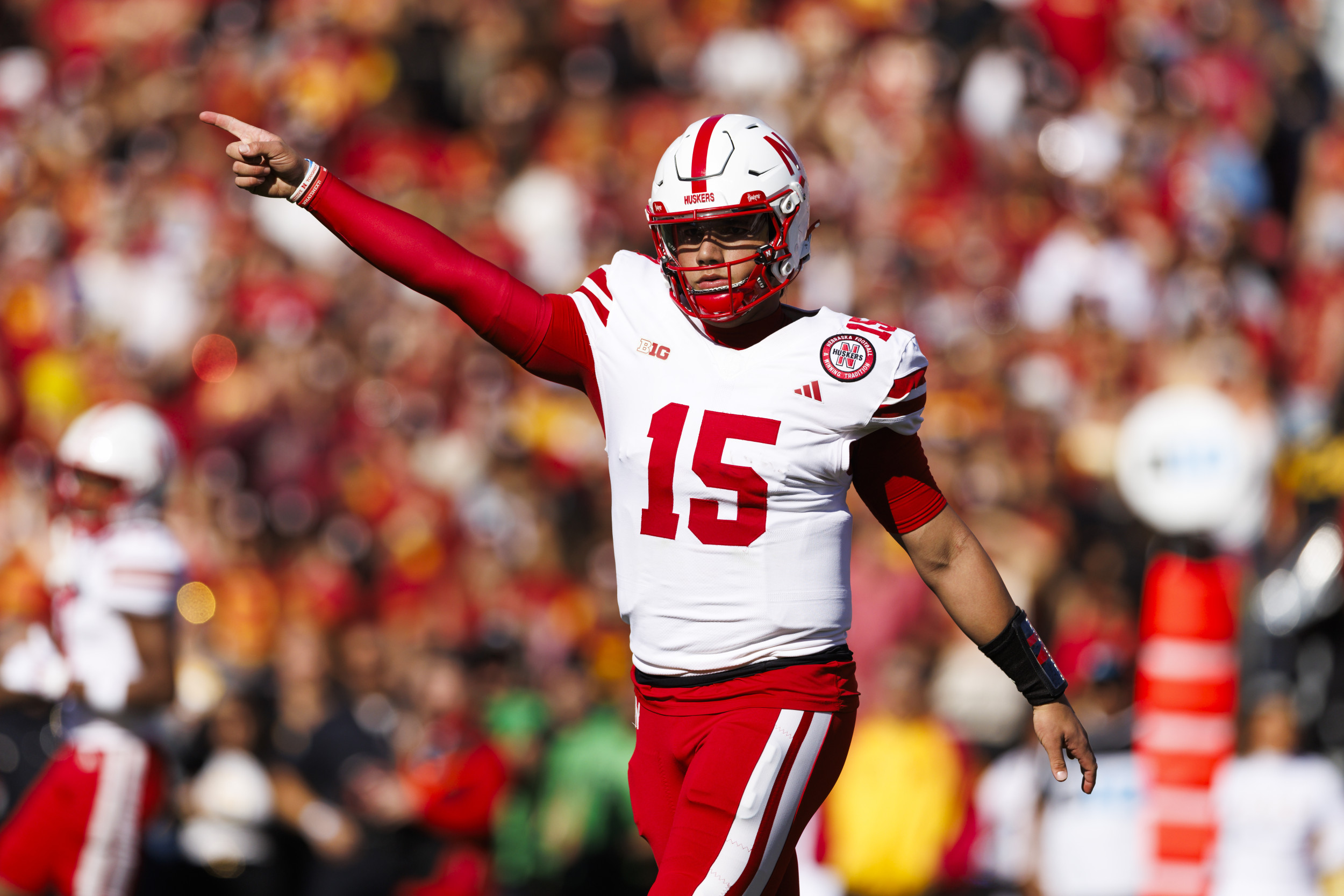
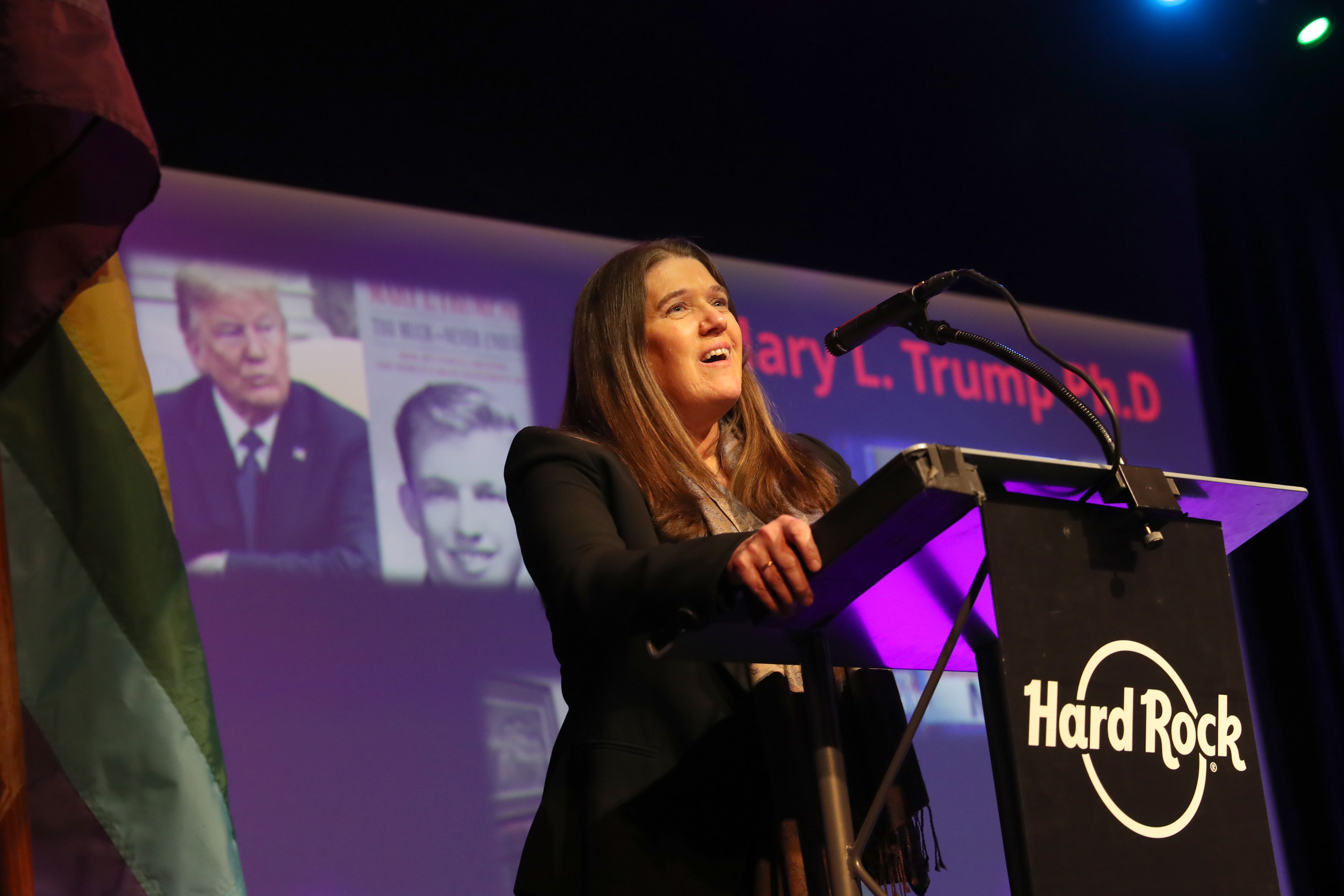

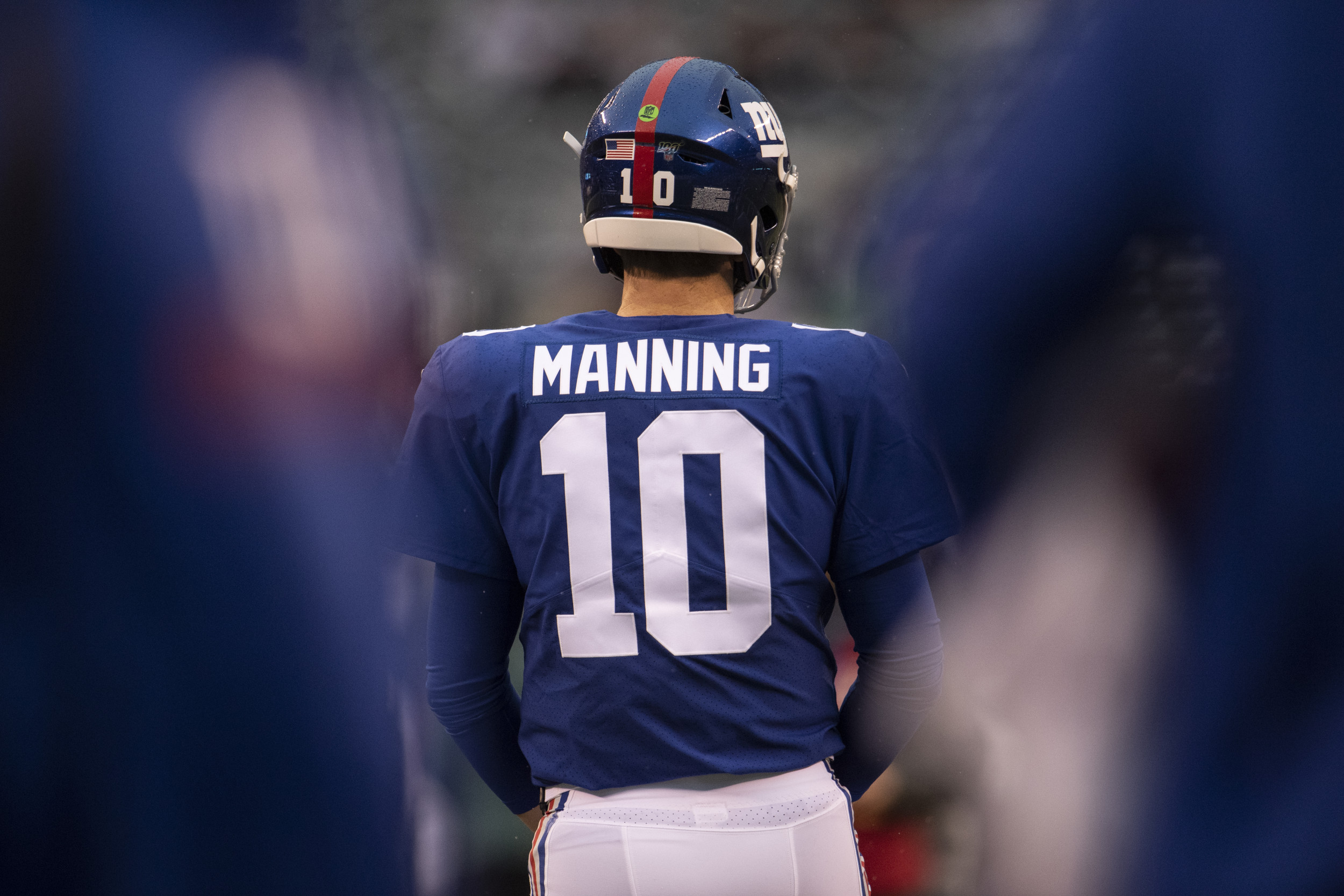
.png)

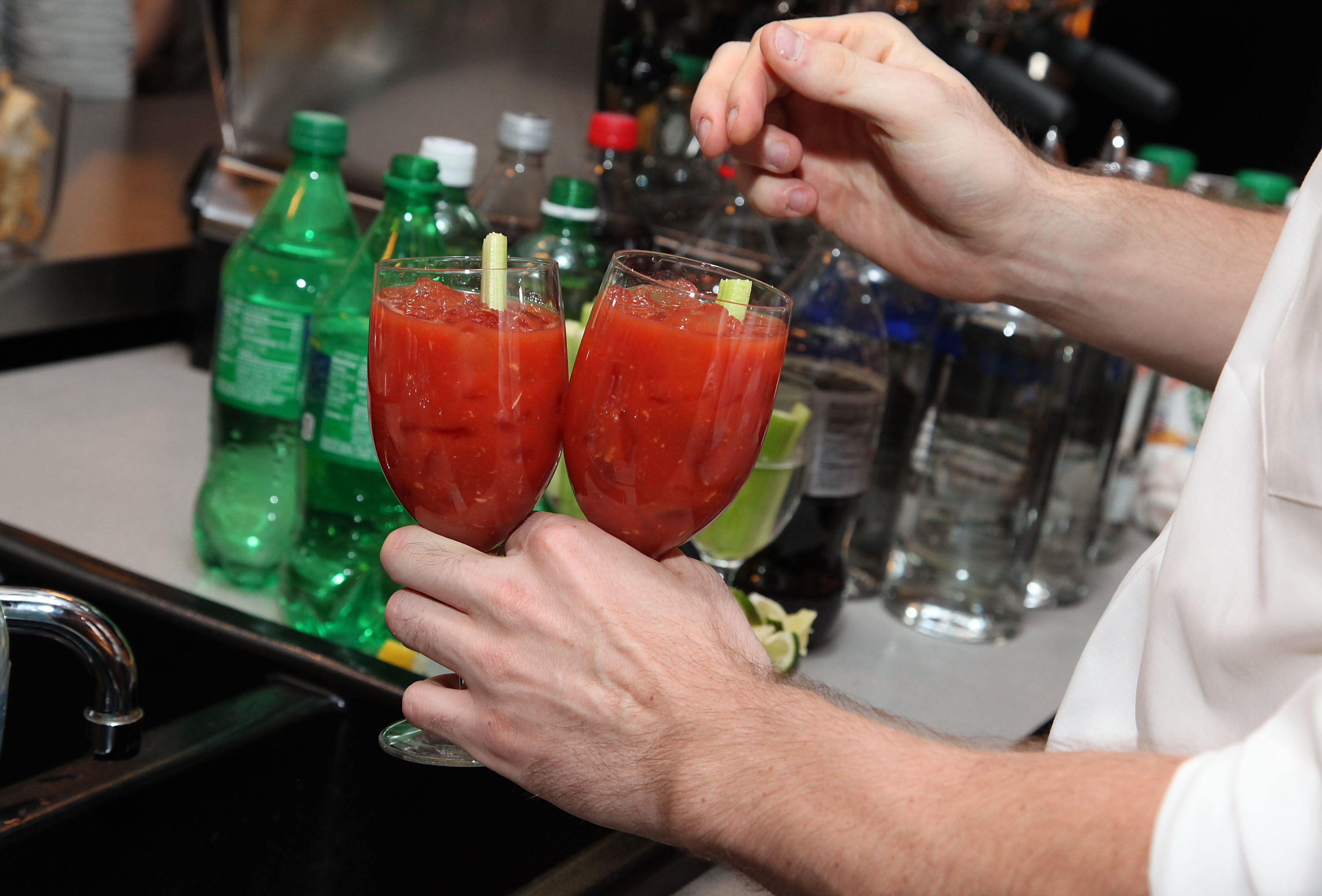

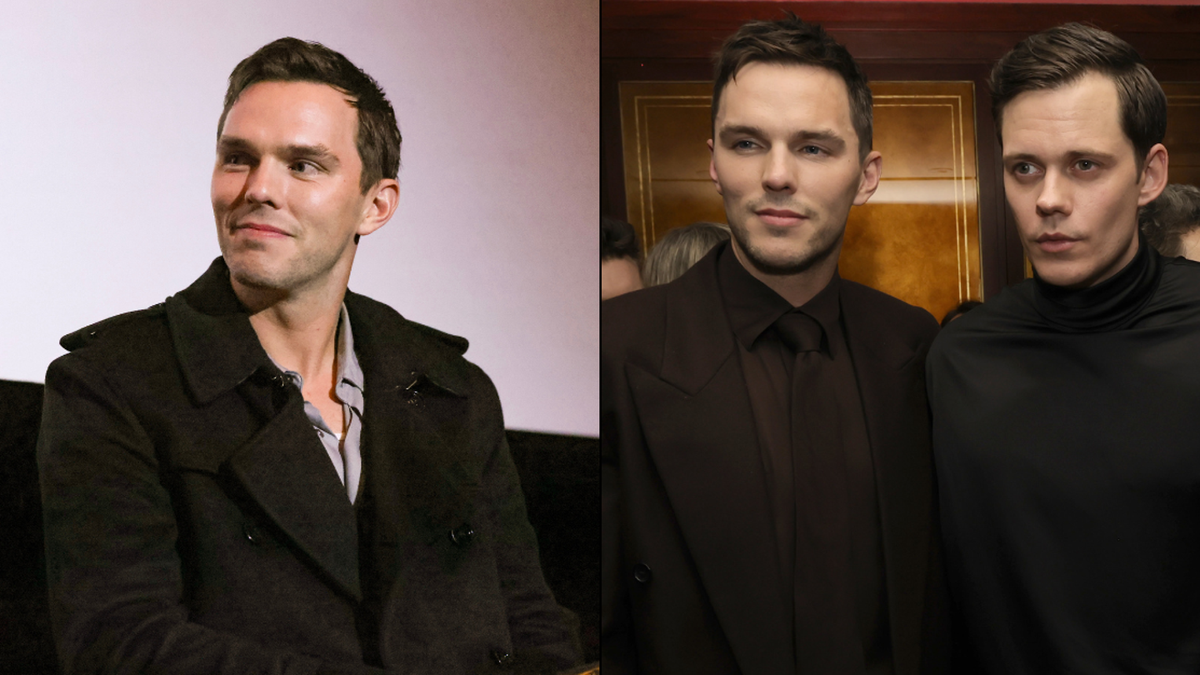










 English (US) ·
English (US) ·